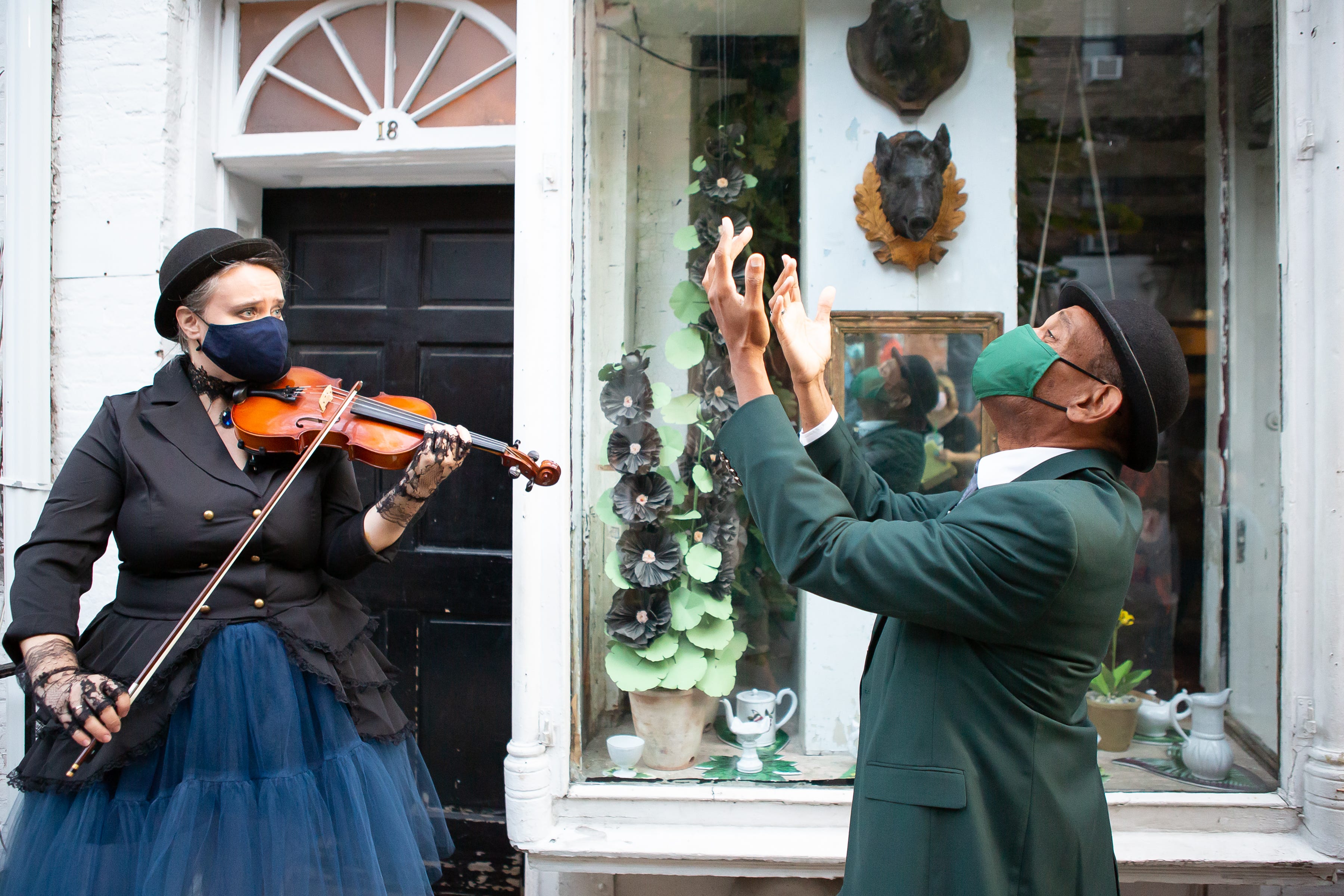Manatsu Tanaka teaches you to fold origami and not to lose hope
When I was growing up, origami got very popular amongst my friends at some point. The Japanese art of folding paper was all the craze in my Russian middle school: frogs, boats, and flowers were spilling out of backpacks and pockets. And, of course, cranes. They represented a different side of origami art, aimed not at producing a variety of shapes but devoting oneself to a practice of making a single shape of a crane repeatedly. There is a belief that if you make 1000 cranes your wish will come true. We were told a story about a Japanese girl, Sasaki Sadako, who had leukemia in the aftermath of the radiation after the Hiroshima bombing. She started folding 1000 cranes hoping that her wish to live will be granted. Few hundred cranes in she became too weak to continue and died before her senbazuru (literally meaning “1000 cranes”) was completed.
I haven’t folded origami since I was 12. But the memory of this practice is linked for me with the fun of communal activity and sadness of Sasaki Sadako’s story. I am reminded of both feelings at once at Hearts of Cranes, a remote performance piece, produced by You&I theatre company. Manatsu Tanaka, the author, and the actor portraying Saki, guides a single audience member through the process of folding an origami crane while sharing stories and inviting the participant to reflect on the power of wishing, hope, and healing. Landing somewhere in between an origami lesson and a friendly chat, Hearts of Cranes is a meditative performance perfect for quieting the anxieties of our trying times.
If not for the repeated consent check-ins (which are not necessary for the most part) I would completely dissolve in this experience, relaxed by the spell of Tanaka’s soft and friendly voice. It might be difficult for a performer to read another person in the Zoom room so a constant verbal temperature check is used. “I want to tell you a story. Is this OK?” Such careful inquiries take me out of the natural flow of the conversation but at the same time make me revise my understanding of consent in immersive theatre. By buying a ticket to a show, what are we really agreeing to?
Don’t worry, Hearts of Cranes is not one of those experiences that try the participant’s limits. The most challenging part is to do all the paper folding right. Tanaka is there to guide you through the process patiently and even if you won’t produce the most elegant origami piece, it is what’s in the heart of the crane that is important (you’ll find out more at the show). There is something powerful and beautiful in the simple act of crafting together. It creates an extra plane of connectedness, aided, of course, by technology.
Not only is Tanaka a skillful origami master and storyteller, but they are also quite inventive when it comes to manipulating the capabilities of a video call. At one point they scroll a sheet of paper in a tube and put it around the camera, so I can only see their eye. Fun and intimate and maybe a bit intimidating, I can’t believe I haven’t seen this gesture anywhere yet! The performer seamlessly navigates video transitions in simple yet effective ways. It’s easy to forget how demanding performing on Zoom is: not only do you have to maintain contact with the participant but also run your own tech.
As much as I wish for COVID to go away, I will certainly miss the DIY, heartfelt, poetic shows like Hearts of Cranes. I guess I am off to making my 2000 cranes, one thousand for the world to heal, another for the theatre to keep the tenderness and gentle beauty of a folded paper bird.









